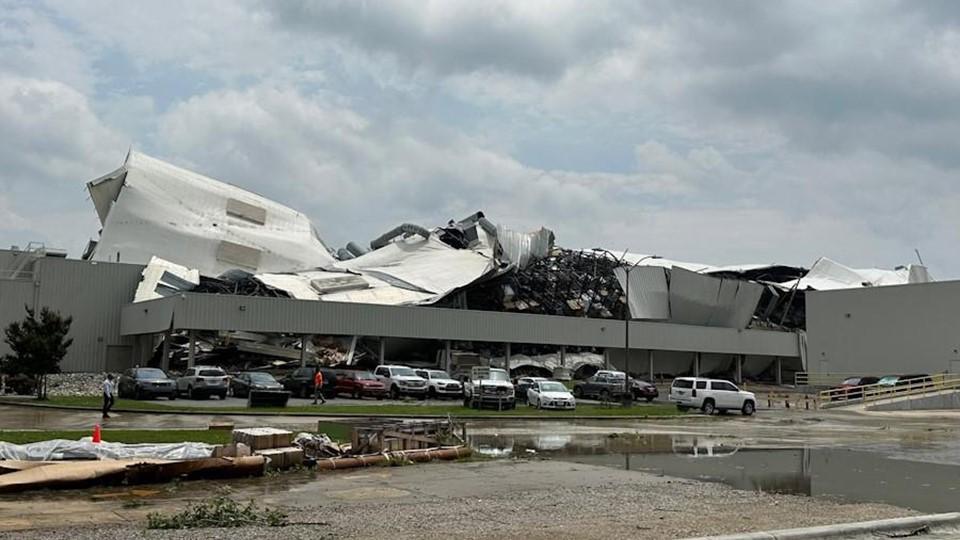Pfizer's tornado-hit plant will soon restart production

Pfizer has confirmed that its Rocky Mount facility in North Carolina, hit by a tornado in July, will be back in operation later this year.
An update from the pharma company said that the plant re-opened on 7th August and various areas are now operational, including the quality labs, product packaging and inspection processes, supply chain and warehouse, and other support functions.
It has also secured a temporary warehouse for its products, as the warehousing areas of the facility used to store raw materials, packaging supplies, and finished medicines bore the brunt of the EF3-strength tornado, which generated winds that peaked at more than 150 miles per hour and swept over Rocky Mount on 19th July.
According to Pfizer, a return to production is due to take place by the fourth quarter, and the company is "working diligently" to release products from the plant that may not have been compromised and can pass quality inspection.
It has also been making progress in transferring manufacturing to other sterile injectable sites in its network to accelerate efforts to restore production capacity. According to the FDA, the Rocky Mount facility accounts for around 8% of the total sterile injectable drugs used in the US, but is the sole source supplier for fewer than 10 products.
The regulator said shortly after the disaster that it has already started the process of seeking alternative suppliers or ramping up production elsewhere for these medicines.
"There are many sequential steps and variables to restart operations and Pfizer is making significant progress," said the drugmaker.
"Pfizer and its colleagues are working closely with the US Food and Drug Administration, other regulatory bodies, and state and local officials on restoring the Rocky Mount facility to full operations and ensuring that there is [as] minimum disruption to the supply of medicines as possible."
The North Carolina facility produces critical medicines like anaesthetics, antibiotics, painkillers, and muscle relaxants used in surgeries, some of which are in short supply in the US, according to a recent poll by the American Society of Hospital Pharmacists (ASHP).
The survey found that 99% of hospital pharmacists in the US reported having problems getting hold of some medicines. Shortages have been attributed in part to disincentives to manufacturing very low-priced generic drugs, as well as quality control, or other issues that can cause facilities to suspend production in the case of single-source products.












